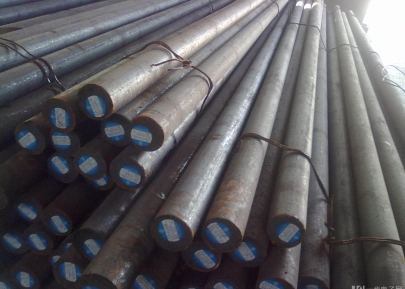Why Copper Blocks Are the Ultimate Choice for Mould Base Manufacturing
In the fast-paced world of manufacturing, selecting the right materials is crucial for quality and efficiency. Copper blocks have emerged as a favorite for mould base production. Their unique properties not only enhance performance but also extend the durability of moulds. In this article, we’ll delve into why copper blocks are considered the ultimate choice for mould base manufacturing.
Advantages of Copper Blocks in Mould Base Manufacturing
Copper blocks possess several key advantages that make them an optimal choice in the production of mould bases:
- Excellent thermal conductivity: Copper blocks can effectively transfer heat, reducing cooling times significantly.
- Corrosion resistance: They don’t rust easily, offering longer lifespans for moulds.
- Easy machining: Copper is easier to cut and shape than many other metals, aiding in precision manufacturing.
| Property | Copper Blocks | Aluminum Blocks |
|---|---|---|
| Thermal Conductivity | Excellent | Moderate |
| Corrosion Resistance | High | Low |
| Machinability | High | Moderate |
Impact of Copper Block Oxidation
One concern with copper is its tendency to oxidize over time. Copper block oxidation can lead to discoloration and potential surface damage. However, with proper maintenance and coating, the impact of oxidation can be minimized. Regular inspection and cleaning can help maintain the integrity of copper blocks in mould bases.
Preventing Copper Oxidation
To prolong the life of your copper blocks, consider the following strategies:
- Apply protective coatings to prevent exposure to air and humidity.
- Regularly clean the surface with non-abrasive materials.
- Store blocks in a climate-controlled environment to minimize oxidation risk.
Applications of Copper Blocks in Caulking Base Molding
Copper blocks are particularly useful in caulking base molding. Their thermal properties enable precise temperature control during the molding process, which is essential for achieving high-quality end products.
Common applications include:
- Production of automotive parts
- Manufacturing of household goods
- Creation of intricate industrial components
Conclusion
Choosing the right material for mould bases can significantly influence both the manufacturing process and the quality of the final product. Copper blocks, with their exceptional thermal conductivity, corrosion resistance, and machinability, stand out as the best choice for mould base manufacturing. While considerations such as oxidation are valid, the benefits far outweigh the downsides when maintained properly. If you're in the industry looking for reliable material solutions, copper blocks should be at the top of your list.
FAQs
1. Are copper blocks more expensive than aluminum blocks?
Yes, generally copper blocks can cost more than aluminum, but their durability and efficiency often justify the investment.
2. How can I ensure the longevity of copper blocks?
Regular cleaning, proper storage, and protective coatings can help maintain the integrity and longevity of copper blocks.
3. Can copper blocks be welded?
Yes, copper can be welded, although it requires special techniques to ensure a high-quality weld.



